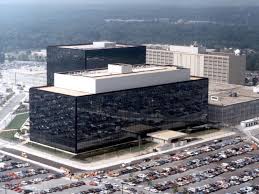The Washington Post reported this morning that the Senate is aiming to take up the bill as early as next week. If passed, and also approved by the House, the USA Freedom Act would be a shining achievement for a Congress that has been long on wrangling and short on results.
The bill was introduced in July and advocated for strongly by Sen. Patrick Leahy. It seeks a fine balance between the intelligence community and civil libertarians. The House has been less supportive of NSA reform, but sentiment has been shifting to a consensus that maybe this bill is the best way to rein in indiscriminate surveillance of all Americans (collecting everyone’s phone records) and replace it with targeted surveillance (based on reasonable, articulable suspicion that someone is connected with terrorism).
The bill also makes changes to the way cases are handled before the secret FISA (Foreign Intelligence Surveillance Act) court. There would even be “special advocates” who could submit briefs to the court opposing requests from the NSA and other agencies for powers that might be unconstitutional.
There’d also be more robust reporting requirements so the public wouldn’t have to wait again for an Edward Snowden to come around and tell us what our government has been up to.
The bill isn’t perfect. But it’s a first step toward comprehensive surveillance reform. The ACLU is part of a coalition of nearly 50 civil liberties, privacy, medical, library, press, and citizen groups that support it. The time is now for reform.

